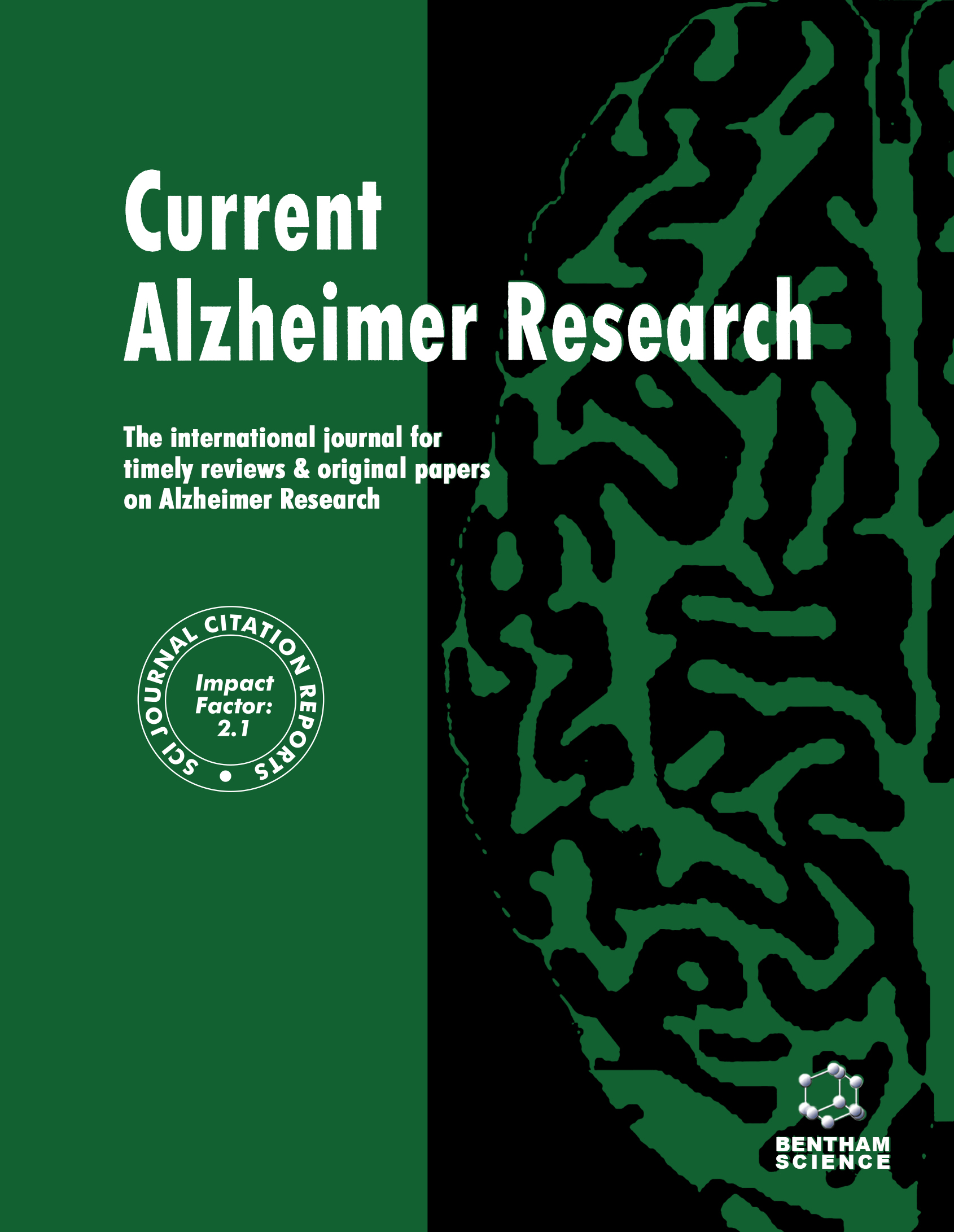-
s The Immunopathy of Alzheimer’s Disease: Innate or Adaptive?
- Source: Current Alzheimer Research, Volume 20, Issue 2, Feb 2023, p. 63 - 70
-
- 01 Feb 2023
Abstract
Beyond the time-honoured targeting of protein misfolding and aggregation, Alzheimer’s disease needs new, innovative therapeutic directions. When exploring alternative druggable mechanisms, multifaceted in vitro and in vivo data demonstrate that immune system dysfunction is a pivotal driver of Alzheimer’s disease progression. In pursuing neuroimmunological targets, a major but often under-discussed consideration regards the issue of whether innate or adaptive immunity (or both) within the neuroimmune network should be the centre of focus when devising immunotherapeutic approaches to Alzheimer’s. This perspective article briefly reviews current data, concluding that while both innate and adaptive immunity contributes to the immunopathology of Alzheimer’s, the proinflammatory microglia and cytokines of innate immunity will provide higher yield targets with a greater likelihood of efficacy. Although it seems paradoxical to focus on a rapid, short-lived aspect of immunity when seeking approaches to a quintessentially chronic brain disease, accumulating evidence affords ample data to support the target-rich cascade of innate immunity for the development of much-needed new diagnostics and therapeutics.


